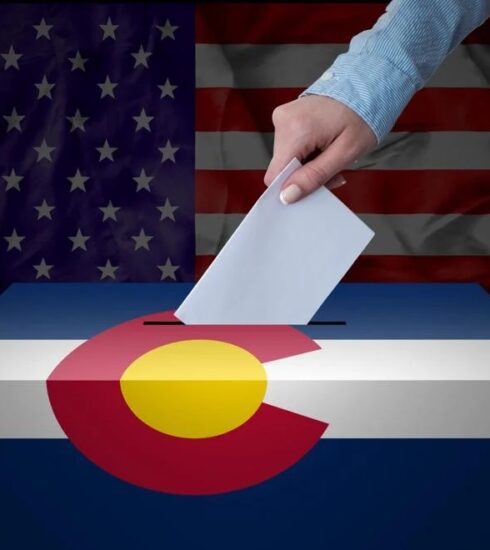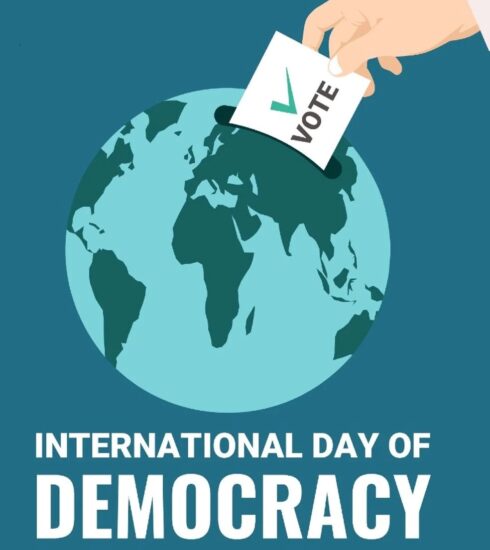Trump’s Second Coming: Implications for Africa
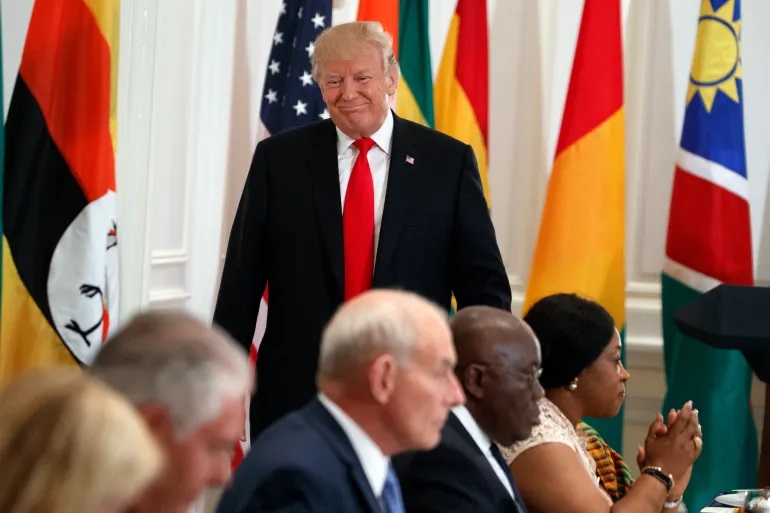
Then-President Donald Trump walks to his seat after speaking with African leaders at the Palace Hotel during the United Nations General Assembly in New York, on September 20, 2017. Credit-Reuters
While African leaders may have been quick to congratulate the U.S. President-Elect Donald Trump on his victory at the recently concluded polls, professing a desire for mutually beneficial partnerships, the stark truth is that there are meagre expectations that his presidency will be beneficial for the continent that’s home to 1.4 billion people.
After Trump’s re-election, Africa is currently grappling with the prospects of what his second term could mean for the continent.
While it is difficult to try to predict the decisions that Donald Trump will make when he returns to the White House, one thing seems unlikely to change: his dislike of patient, principled diplomacy as a means to peace and his preference for transactional politics and populist gestures.
This brings openings and perils in some areas in Africa.
His win over Vice President Kamala Harris drew immediate congratulations from African leaders, with Egypt’s Abdel Fattah el-Sisi, Ethiopia’s Abiy Ahmed, Nigeria’s Bola Tinubu, and South Africa’s Cyril Ramaphosa among the first set of African leaders to quickly reach out to Trump.
Observers are of the strong opinion that African countries—once described by Trump as “sh-thole countries”—are definitely not going to be high on his to-do list. U.S. foreign policy has not made Africa a priority for a long while—beyond seeing the continent through the lens of countering rivals such as Russia and China.
President Joe Biden talked about Africa as a key partner all through his tenure in office, but sadly not much action followed those words. The general feeling all around the African continent is that it will be at the very bottom of (Trump’s) list of priorities and any U.S. action on the continent would likely be driven by his “transactional, ego-driven leadership style and America First strategy.
Eight years ago, the Obama administration was working with the African Union (AU) to change United Nations (UN) rules for funding peacekeepers to put African missions on a firm financial basis.
The AU Commission worked with the UN and other multilateral organizations to construct an “African peace and security architecture” that ranged from proactive diplomacy to avert looming conflicts through to coordinated mediation efforts and peacekeeping operations, all underpinned by norms and principles enshrined in the UN Charter and the AU Constitutive Act.
All that now seems like a very long time ago. Plans for more robust peacekeeping evaporated in the transition to the first Trump administration. Since then, no new UN or AU peacekeeping missions have been authorized. Several – including in Darfur, Sudan and Mali – have been closed, and others scaled down.
The Biden administration did not reverse the trend. The idea of “liberal peace” – that peace, democracy, justice and open markets all go together – had long been a powerful strand in US global strategy. The AU embraced its multilateralism but recoiled from being lectured on human rights and democracy and were divided on Western military interventions such as in Libya. Some African leaders preferred Trump’s candour and focus on results.
The “Trump Doctrine” for the Middle East and Africa swept aside multilateralism in favour of transactional deals with American allies in Egypt, Morocco, Saudi Arabia, the United Arab Emirates (UAE) and, above all, Israel.
Prime Minister Benjamin Netanyahu and UAE President Mohamed bin Zayed set the strategy of the Abraham Accords, and Trump basked in the glory when Arab countries signed up. Trump’s other consistent positions were hostility towards China’s influence on the continent and aversion to deploying American soldiers and aid.
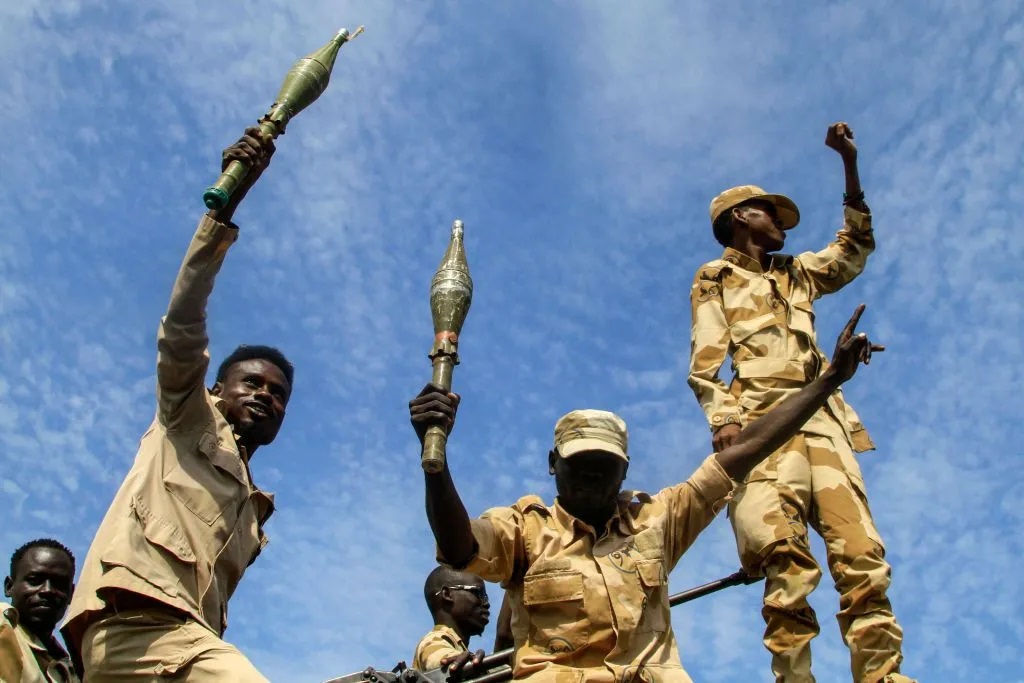
The near-19-month conflict in Sudan has killed tens of thousands of people and displaced more than 11 million. Credit-Reuters
At the request of Egypt’s President Abdul Fattah al-Sisi – described by Trump as “my favourite dictator” – then-Treasury Secretary Steven Mnuchin took charge of mediating Egypt’s dispute with Ethiopia over the Nile waters.
The immediate issue was how much water would be retained by the Grand Ethiopian Renaissance Dam as it approached completion. As the talks faltered, Washington put its thumb on the scales, suspending aid to Ethiopia, while Trump suggested that Egypt might “blow up” the dam.
America also recognised Morocco’s claim over Western Sahara in exchange for Rabat signing the Abraham Accords and thereby recognising Israel.
In the era of “liberal peace”, an agreement to end a civil war was the drafting of a democratic constitution, along with measures for disarming and demobilising rival armies, transitional justice and reconciliation, and aid-funded programmes to deliver a peace dividend for the afflicted populace.
The first Trump administration preferred direct deal-making, whereby autocrats cut a private bargain over the counter. Scholars call this the “illiberal peace”.
When then-Secretary of State Mike Pompeo visited Sudan after the popular revolution that led to the ousting of military-Islamist ruler Omar al-Bashir, his main agenda was a simple trade: America would lift sanctions when Sudan agreed to sign the Abraham Accords.
In October 2020, the White House announced that President Trump had “brokered a historic peace agreement” between Israel and Sudan. On the heels of deals with Bahrain and the UAE, and weeks before Americans voted in the presidential election, this was Trump’s “October surprise”.
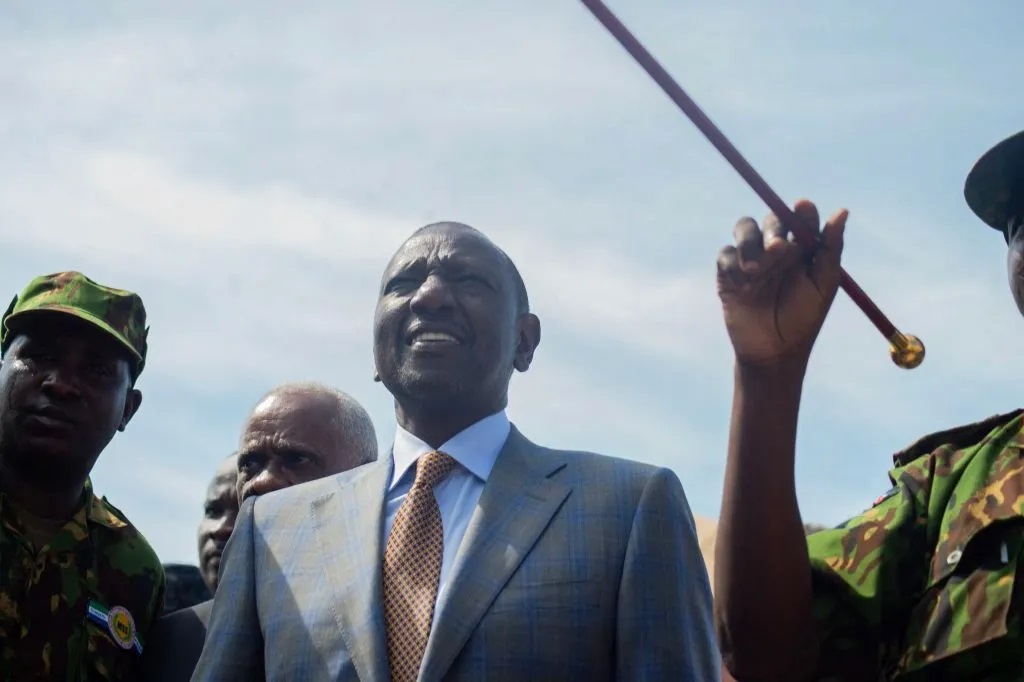
Relations between Kenya and the US strengthened under the Biden administration. Credit-AFP Photo
It came too late to save Sudan from the economic crisis that crushed its democratic experiment and fell away after Trump lost to Joe Biden. But it’s fair to assume that the second Trump administration will continue this way. The exact alignments and deals are impossible to predict, and much will depend on the individuals appointed to key positions. But the “liberal peace” is now dead and buried.
Sudan is currently experiencing Africa’s largest war and its biggest famine for decades. There is no sign that Trump is concerned.
African leaders who have faced scrutiny over their human rights records – such as Uganda’s Yoweri Museveni and Rwanda’s Paul Kagame – will be keen to work with Trump as long as it serves their short and long term interests. Both Museveni and Kagame have long been important US allies, and their supporters have pushed back against more recent attacks on their human rights records, insisting that the leaders remain widely popular in their countries.
Zimbabwe’s President Emmerson Mnangagwa, who has also faced US sanctions, also praised Trump’s victory, describing him as a leader who “speaks for the people”.
There’s another school of thought that believes Trump is unlikely to let human rights and democratic norms drive his relationship with African leaders. The emphasis on human rights and democracy, which was emphasised by Biden, may not be prioritised for strategic interest under Trump. Trump may actually target countries deemed to be acting against US interests.
This could strain relationships with democracies like South Africa, which has criticised US support for Israel and maintains strong ties with Russia and China. South Africa, which – despite recent tensions with Washington, counts on the US as a key economic and strategic partner – will not want that.
“I look forward to continuing the close and mutually beneficial partnership between our two nations across all domains of our cooperation,” Ramaphosa wrote in his congratulatory message to Trump on X. Trump’s victory could also have other geopolitical consequences for Africa.
The Biden administration had supported two permanent seats for Africa on the United Nations Security Council. However, with Trump’s disregard for multilateral institutions, Africa’s long standing aspiration for UN Security Council reforms may face new obstacles.
Trump’s rivalry with China also complicates Africa’s position, given China’s deep investment in the continent. Analysts expect Trump to pressure African nations to distance themselves from Beijing, creating difficult choices for countries reliant on Chinese infrastructure funding and trade.
Yet, that pressure could very well backfire as Trump’s likely detachment from Africa could spur the continent to seek alternative partnerships.
Trump’s potential disregard and nonchalance might inadvertently encourage African countries to possibly foster stronger intra-continental trade and deeper relationships with nations in Asia and the Middle East.
That could also turn out to be a good thing for Africa as well, as the continent will have to look elsewhere in terms of trade partners and alliances and more importantly, start trying to solve most of its basic problems internally.




